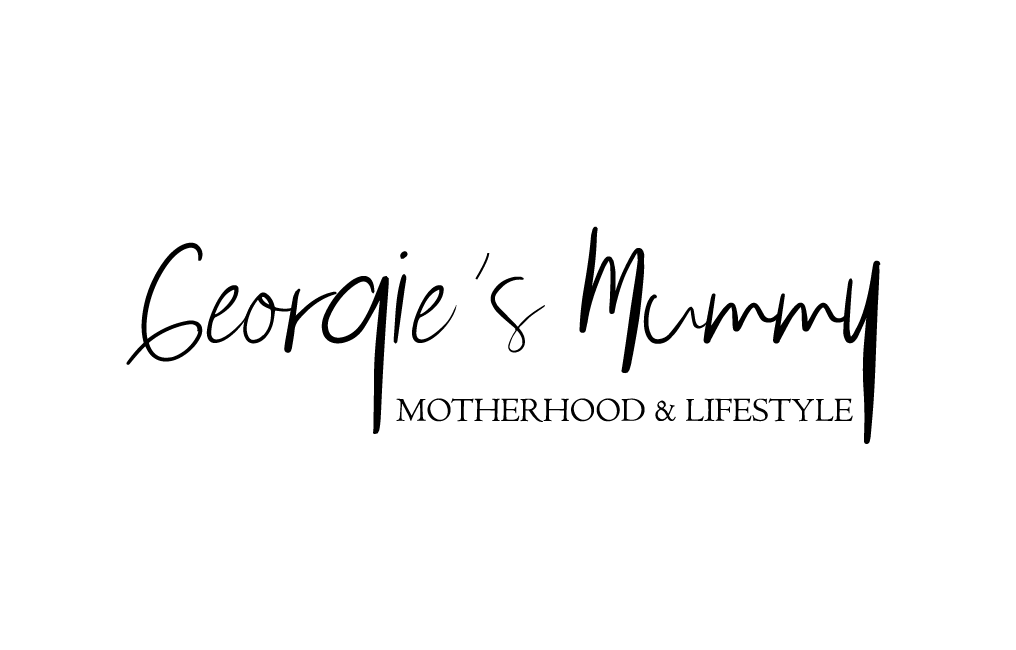During a Sunday walk in Limassol I saw something that sparked this post. A little girl who could not have been younger than six years old was holding a carrot and attempting to feed it to a donkey that was pulling a carriage. Turns out this was something akin to mathematical problem solving because the mother could not have been more ecstatic that her daughter had figured out how to feed a carrot to a donkey. The word ‘bravo’ was said more than five times. Clapping was involved and various other cheering effects.
Am I the only one who sees something wrong with this picture? Its called OVERPRAISING. Papa said I was overreacting, perhaps the little girl really DID deserve the praise she got for something so easy. But that exactly was my problem: praise for something so easy, so simple. Something that is not exactly an achievement. What kind of message is being sent to that young girl?
The way I, you, we praise our children is a topic that has been on my mind for quite some time. Perhaps since Georgie started school. That was a turning point in our lives. So I pored over books, articles, blog posts and comments. Here’s what I found out.
We all do it. I know for a fact that I am guilty of doing it on occasions. But I’ve come to realise that we are hardly doing our kids any favours. In fact I think its safe to say we are actually harming them by praising every single thing they do.
Research shows that babies and toddlers benefit from praising. You know that’s true because you see their little eyes looking up at you as soon as they put one block on top of the other. To young children the words Good Job along with a one minute clapping session translates to something good vs something bad. Its all black and white to them.
However when it comes to older children things aren’t so simple. When we say Good Job to a child that is not a baby or a toddler we are ultimately telling them that they are ‘the best’, ‘I need to do something really good to get my mummy’s attention’ and the worse (as far as I’m concerned) ‘I don’t have to work very hard to be good at something’.
By replacing the words Good Job with ‘try hard’, ‘work hard’ and ‘make an effort’ we are still in the act of praising but not the person. We are praising the process. We are expressing the importance of tackling a challenge and of perseverance. We need to show our kids that although they may be born with certain basics – intelligence and creative ability- that’s all they are. A starting point. From there they must continue to help those abilities to grow, to nurture them through hard work.
Praising builds self-esteem and confidence but let’s start using it when and where it will benefit our children in the long run.
Remember to be specific and to not praise the obvious but to praise the process.




